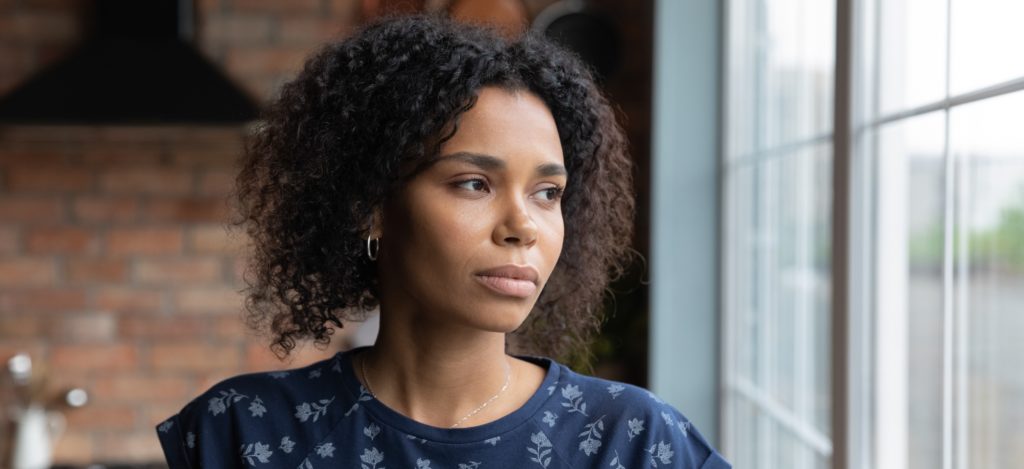Loss to suicide creates complex emotional and neurological responses. Among those, shock and confusion are often the first things felt, but many survivors find long-held beliefs about themselves and the world – about everything – drawn into question.
If something like this can happen, what else can happen? Will I lose someone else to suicide? Am I safe? Can I survive this? What will my life be like now? Who will love me? How will my children handle this? Where is my loved one now? Questions on top of questions tumble through the mind – and answers are elusive.
The existing support one had in their life prior to the loss, may be inadequate for enduring the aftermath of suicide. All these questions and emotions make it easy for fear to take over our thoughts. And stress can affect the body in physical manifestations. Fear becomes anxiety; anxiety becomes panic. Panic sometimes devolves into Post Traumatic Stress Disorder (PTSD).
Fear is “normal” after this kind of loss. Just hearing one survivor say that to another brings a sense of comfort to both. “Someone understands me.” “I’m not alone.” “Maybe I can get through this.”
Connection is a basic human need.
When times are good, we connect with others on a relaxed, sometimes shallow basis. However, when tragedy enters our lives, we need specialized care and real coping tools we can use to deal with the far-reaching consequences left with us.
If we do not have a deeper connection, if we do not find people who can relate to what we are going through, we have only our tumble of thoughts and questions. These go around and around inside the mind with nowhere to go and no resolution. Isolation keeps survivors “stuck” and devoid of healing.
Why is it sometimes hard to find support?
The answer to that question is two-fold. It can be difficult for a survivor to ask for help because suicide is different. Stigma, shame, and isolation are connected to suicide (unfairly), and this history lingers in communities of all sizes. Not knowing what is needed or how to find it makes it difficult to take the first step.
For similar reasons, it can be difficult for other people to offer support to someone who has lost a loved one to suicide. Their associations with the word “suicide” and lack of experience with this type of situation place them in a new and frightening position. There are those who react in hostile ways (casting blame or shame) and those who intuitively share what compassion they can. Some just practice avoidance.
People who have experienced this type of loss often know how to listen and when to share something that helped them. So, a support group or a conversation adds understanding and helps lower the fear threshold.
Counselors or other health professionals who have experienced this kind of loss themselves or who have training in working with this population can bring an enormous sense of relief to survivors, who still must do their own grief work but who now have a guide.
There are some things that can quiet suicide-related fear.
Basic self-care, setting aside time to grieve, and examining what happened with an objective eye are all helpful. As survivors work on these things, they develop a narrative to understand how they helped and how little control they had.
Focus on what can be controlled now. Staying within the present moment is one way to survive intense waves of grief. Learning about treatments for PTSD and “complicated grief,” can help. Knowing that feelings can change over time can help with the development of a plan for survival.
Take time for escape, too.
Try new experiences, offer support to others, volunteer. Make small goals a part of the day. One way to do this is to use a journal and look back often to note any progress made. Make patience a priority.
And lastly, one of the most helpful ways to conquer fear is to find a way to remember a loved one’s life. Requesting help with practical things can bring opportunities to hear memories from others and organizing a simple candle-lighting or inviting friends to a “favorite recipes” meal might give everyone a chance to heal.




